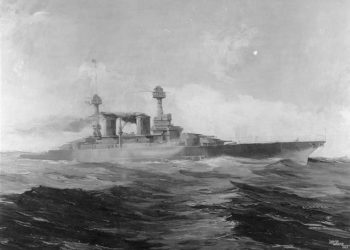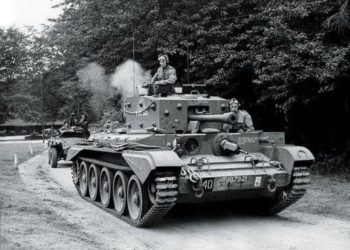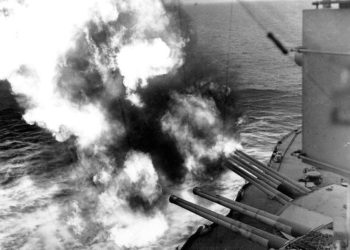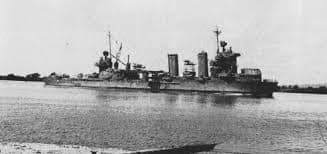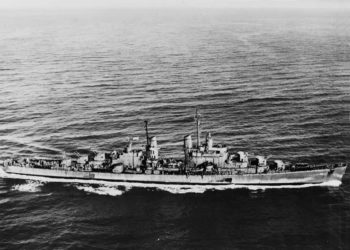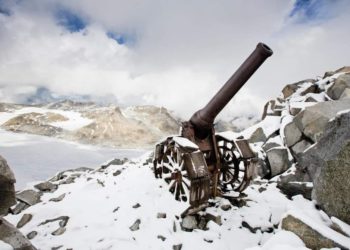The Dictator that made Korea into a Powerhouse

Not many people are aware of this, but there was a time South Korea had a dictatorship, and he was almost as bad as his North Korean counterpart.
Early Life and Rise to Power
Born in 1917 in then-occupied Korea, Park Chung Hee was actually one of the highest-ranking members of the South Korean Military, prior to leading a coup in 1961. At this point in their history, South Korea was still feeling the effects of the Korean War. The country was nowhere near as industrialized as the north; poverty was high, and corruption was rampant at all levels in the Government.
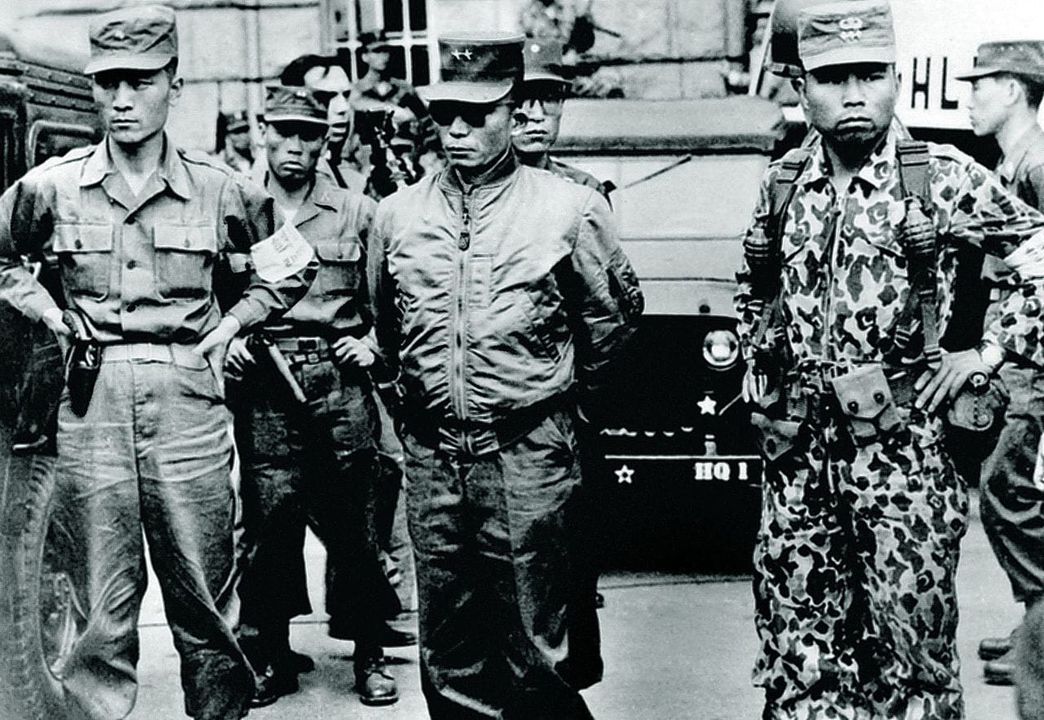
Upon completing his takeover and securing his position, he held democratic elections in which he took part and eventually won. As the newly elected President of South Korea, Park began to institute policies that would build up the country’s infrastructure and economy, and to be fair, he succeeded.
Economic and Infrastructure Developments
Apart from building rail lines, airports, and new power plants, he also worked with some of the wealthier families in Korea to improve the economy. Thanks to him, companies like Samsung, Hyundai, Daewoo, and many others are now household names around the world. He also stamped out corruption within the military and encouraged an indigenous arms industry to lessen their reliance on the U.S. for defense.
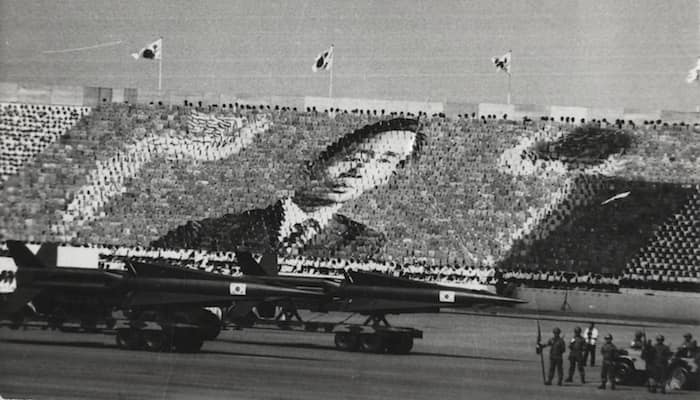
Descent into Authoritarianism
Unfortunately, the power went to his head and he began to do things most dictators do when their popularity starts to fall. In 1972, Park declared martial law and introduced a highly authoritarian Constitution. He had direct control of the military and media houses, all the while silencing any and all opposition.
Eventually, the people got fed up with Park and began to protest his rule in 1979. Protests began to spread but were eventually quelled by security forces. But one week after the protests ended, Park was shot dead by Kim Jae-gyu, who was actually the head of the Korean Central Intelligence Agency.
Legacy of Park Chung Hee
Things got a bit rough in Korea after his death, but eventually, the country returned to a democratic state in 1987, and today South Korea is an economic, cultural, and military powerhouse in the region.
Yet most forget that it was this Korean dictator who planted those seeds years before.
~NC



